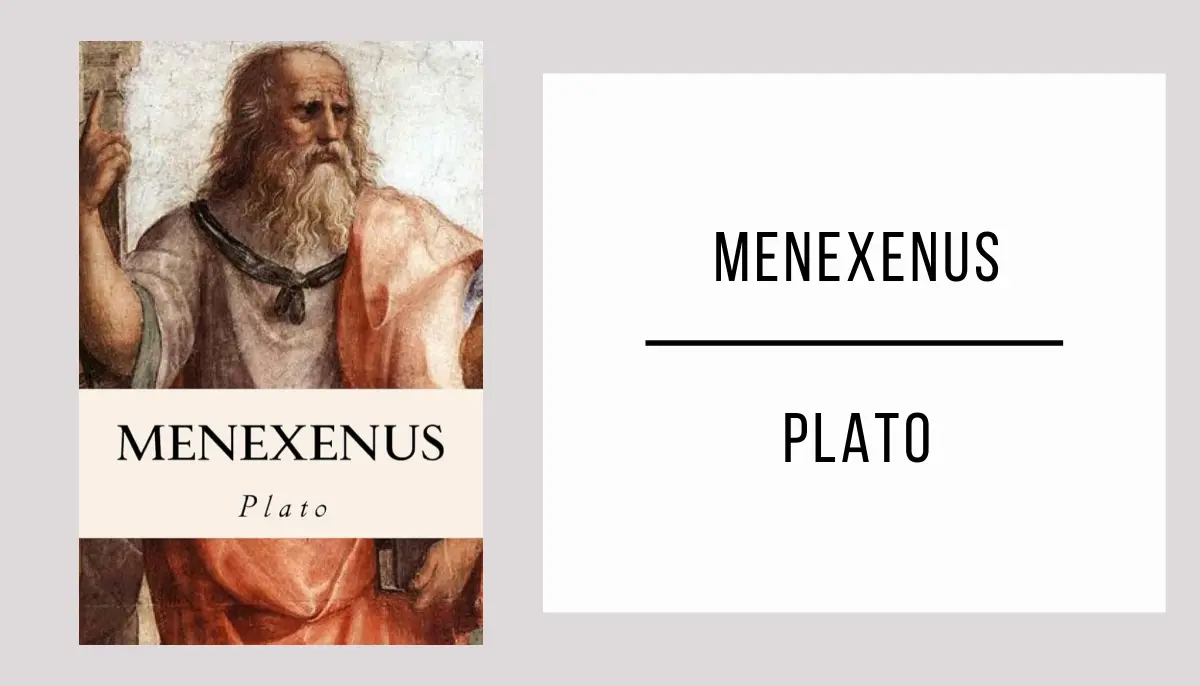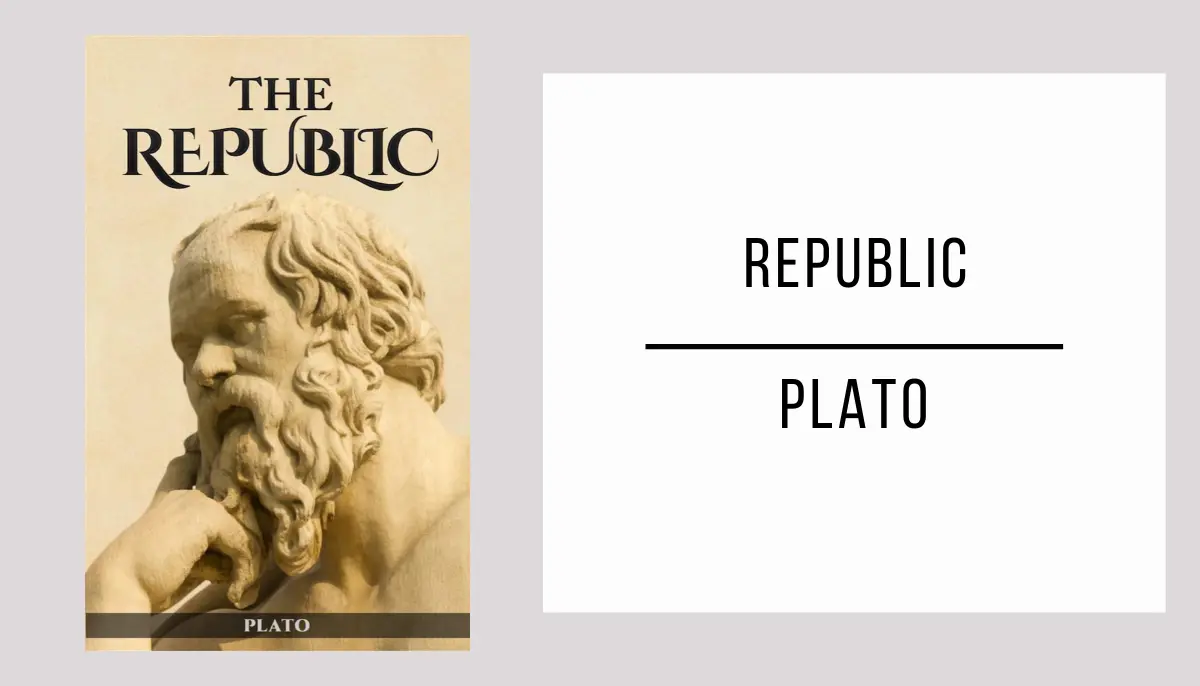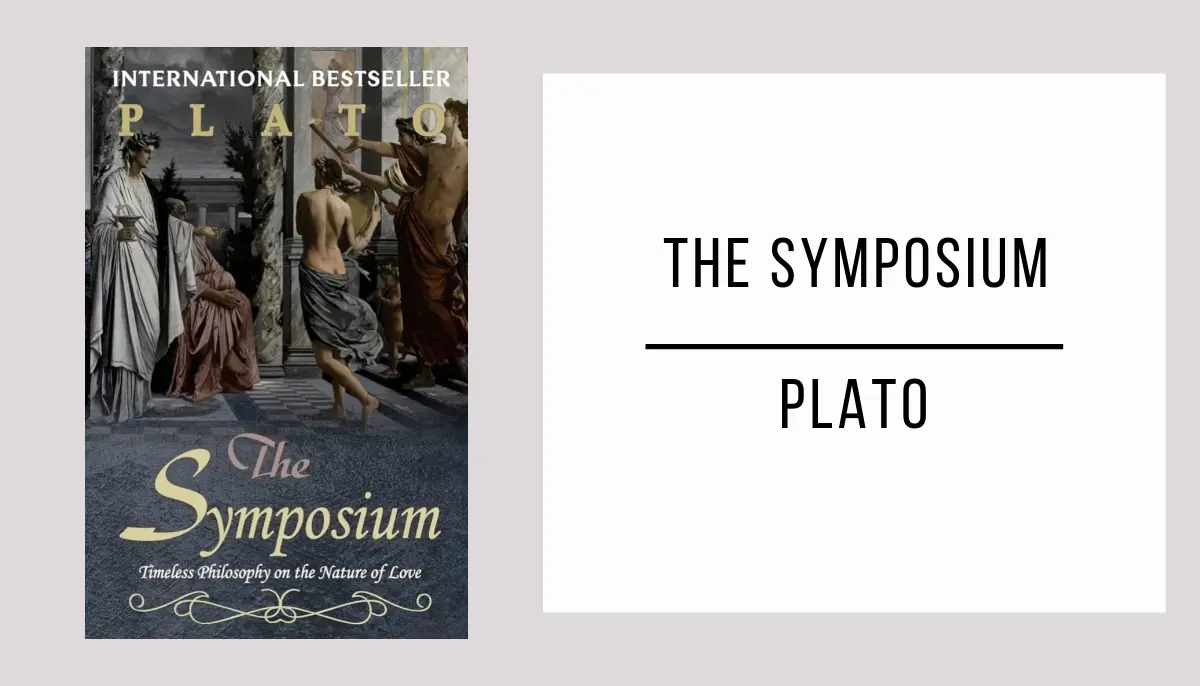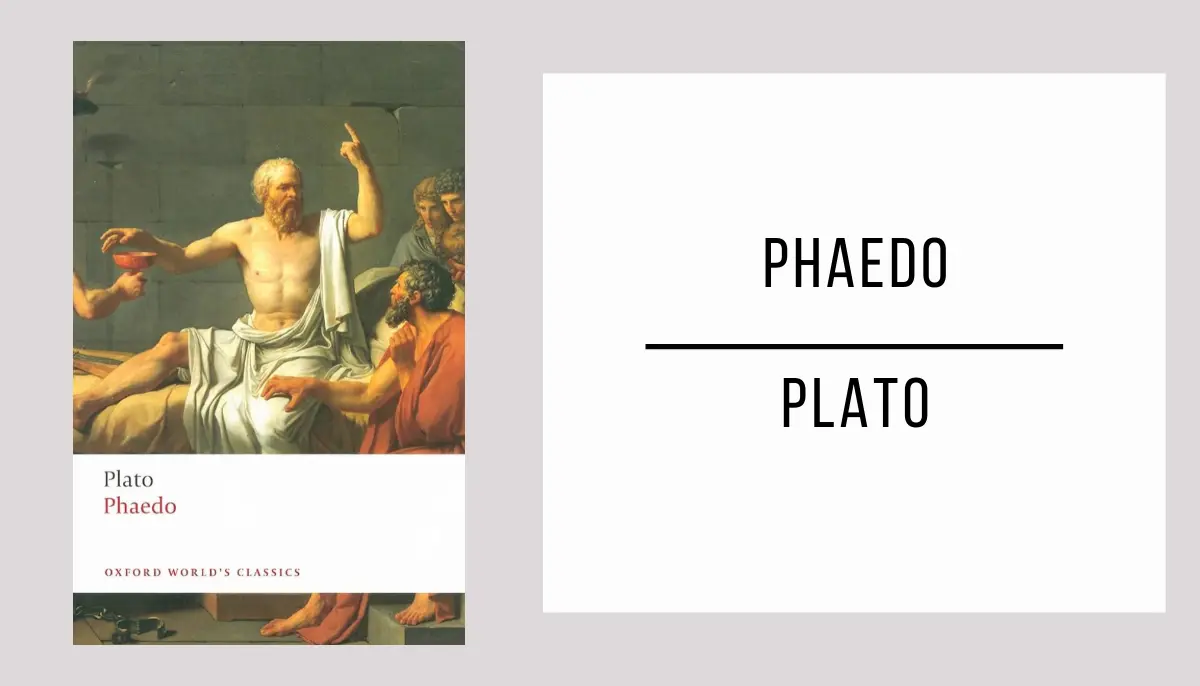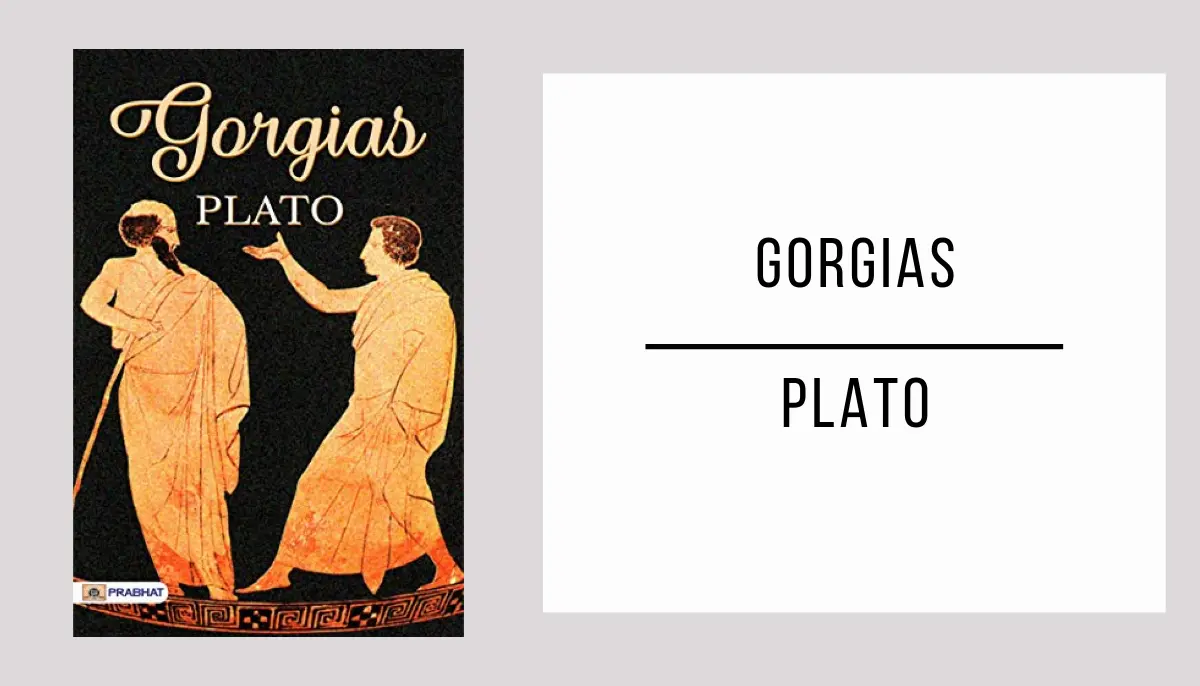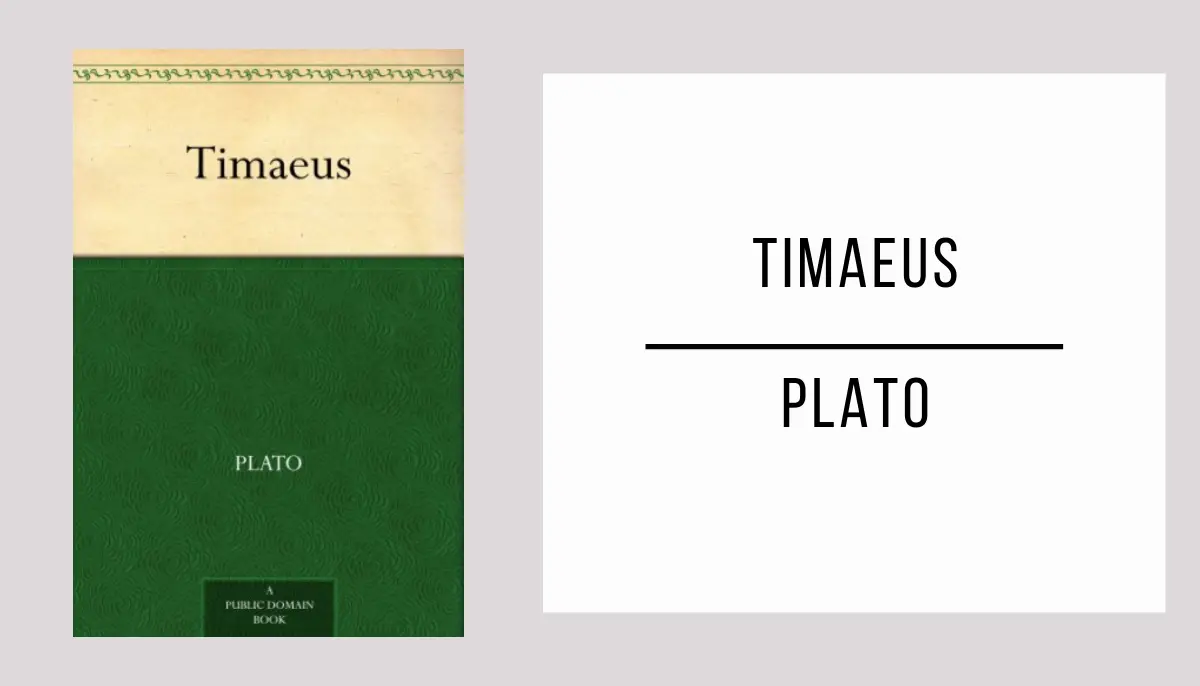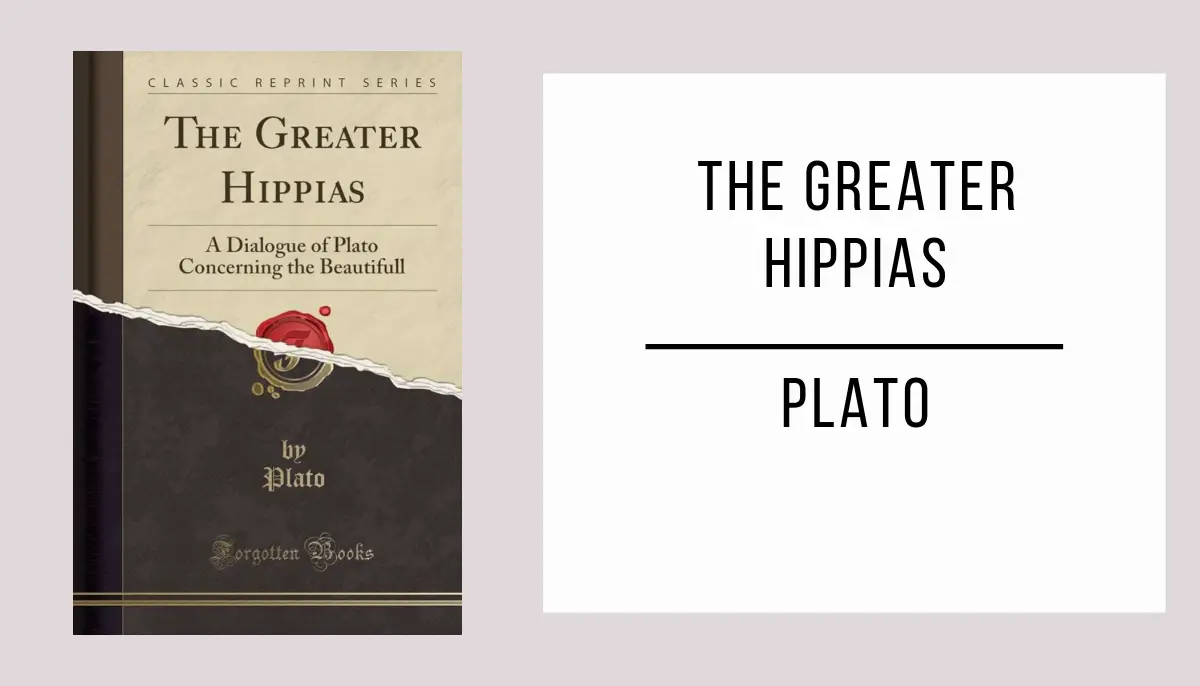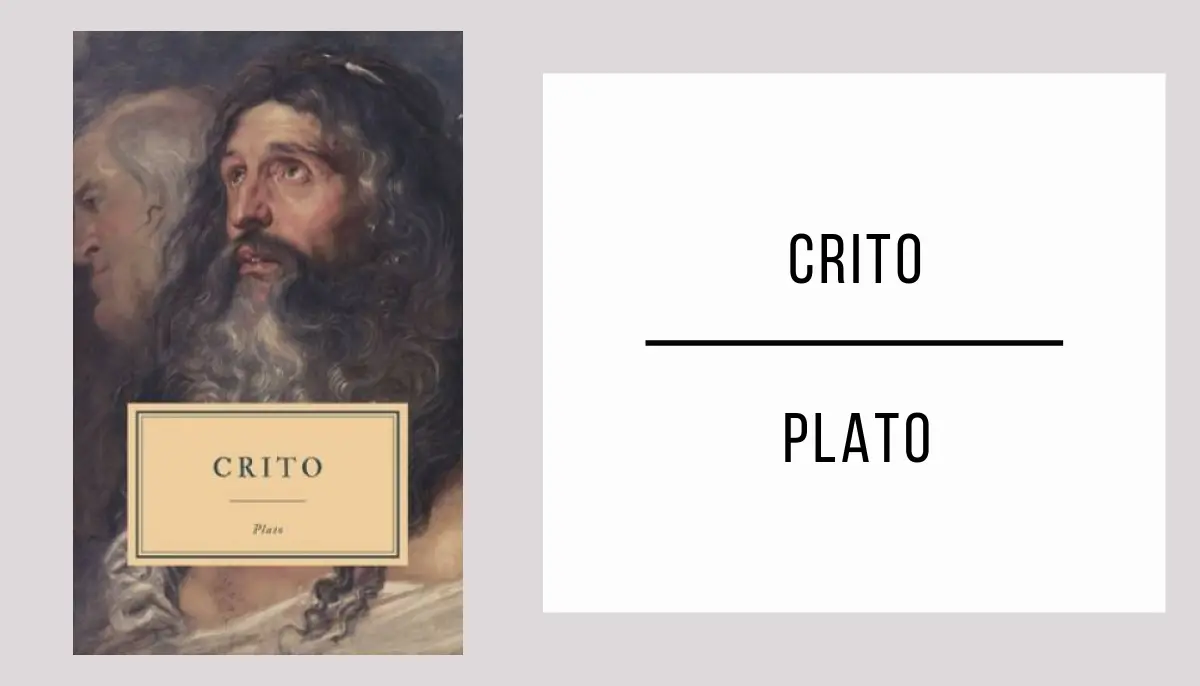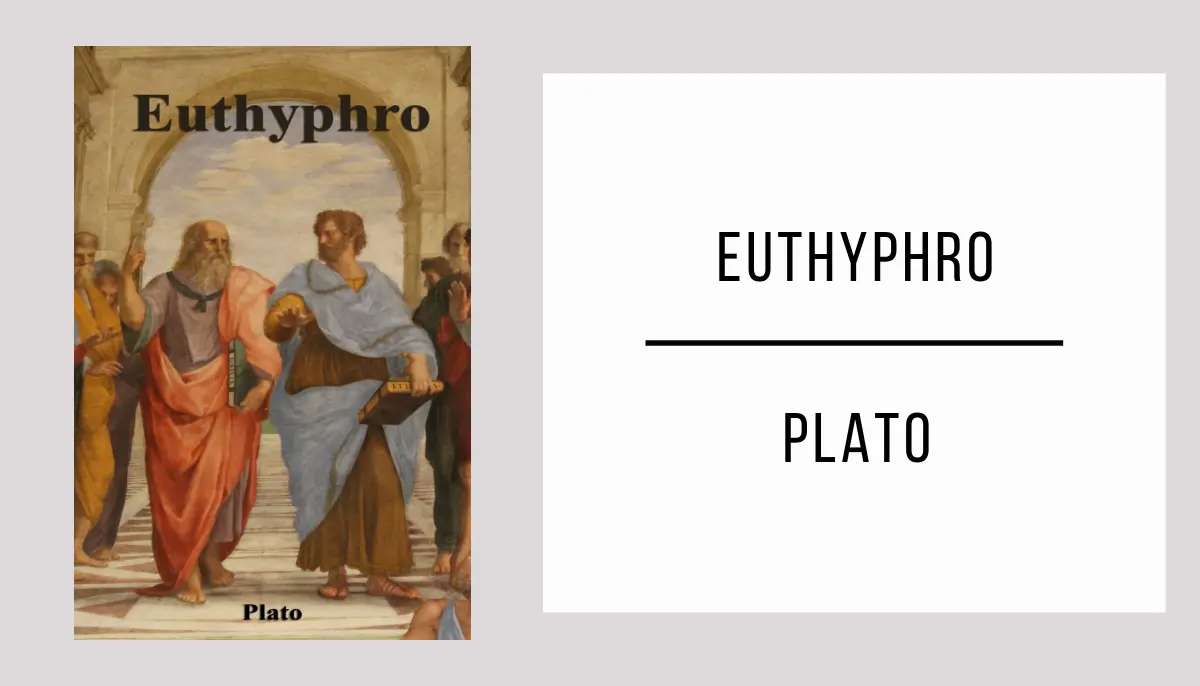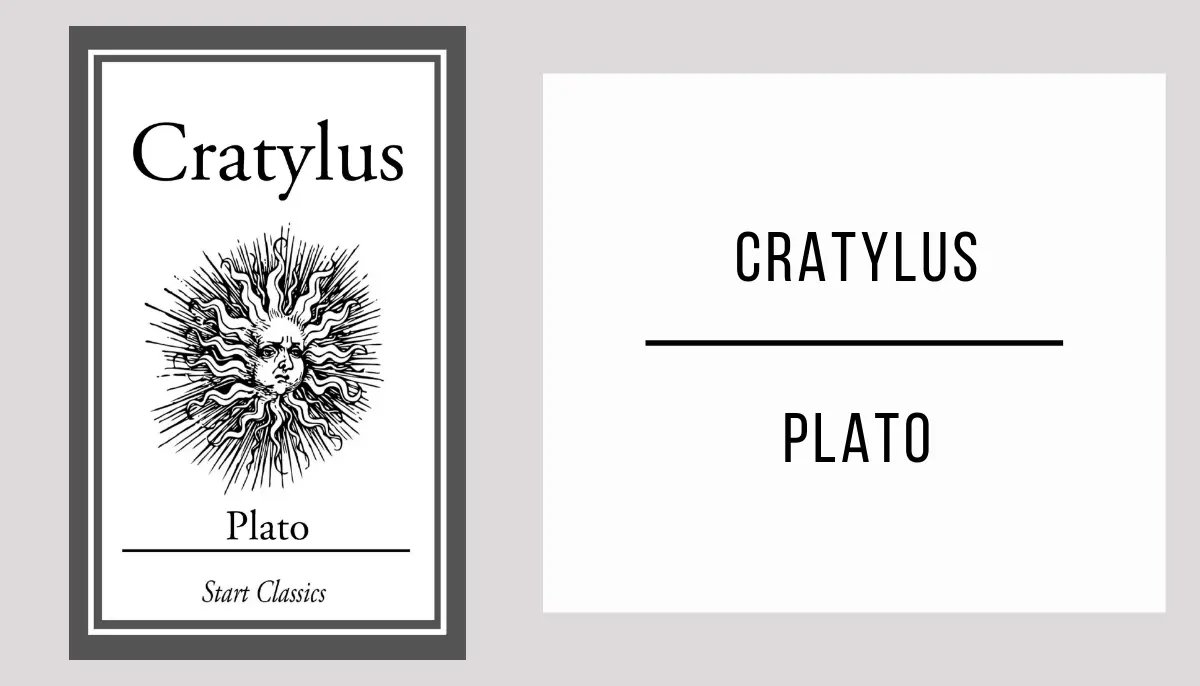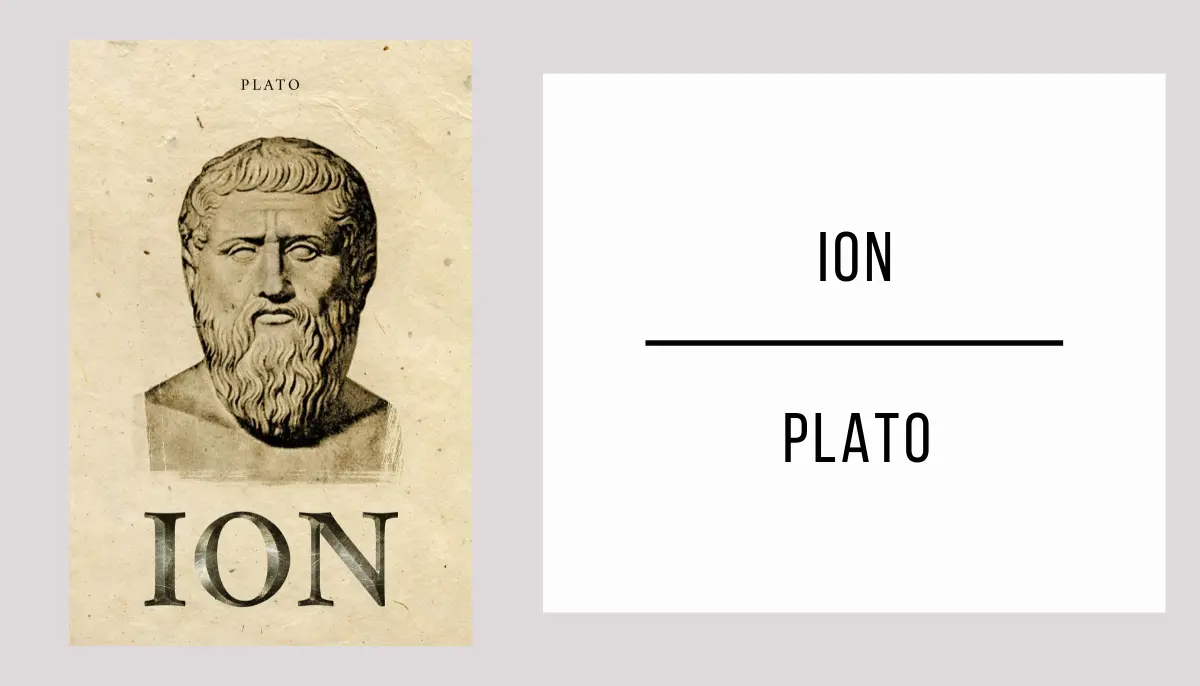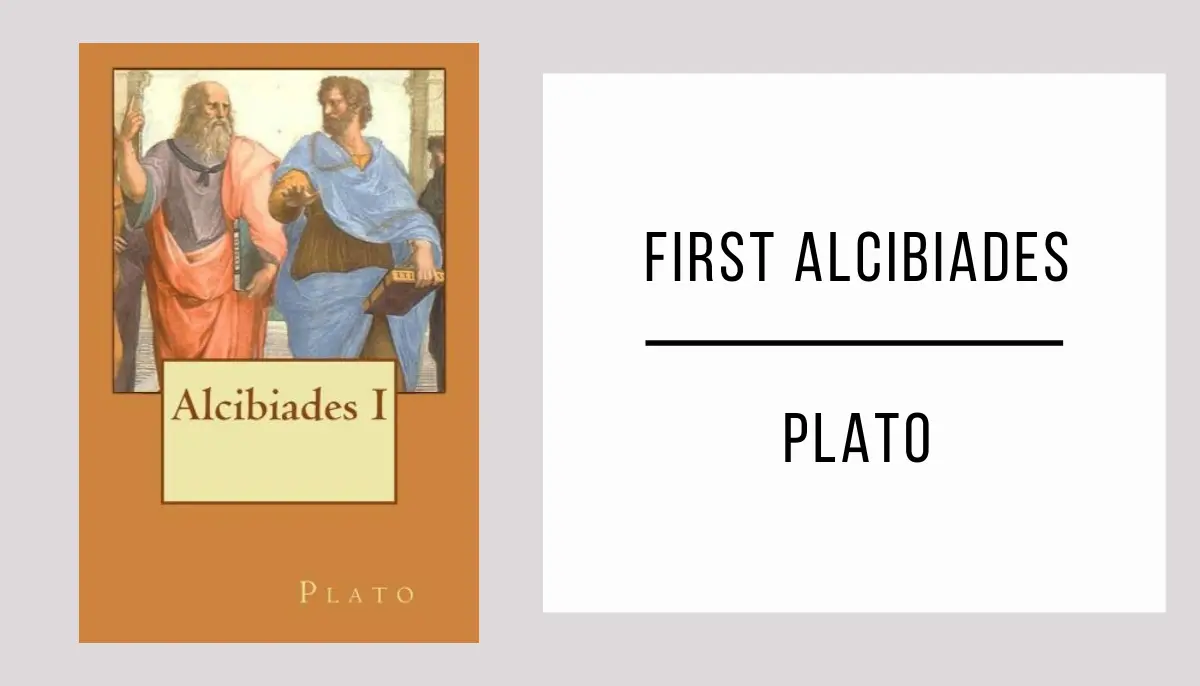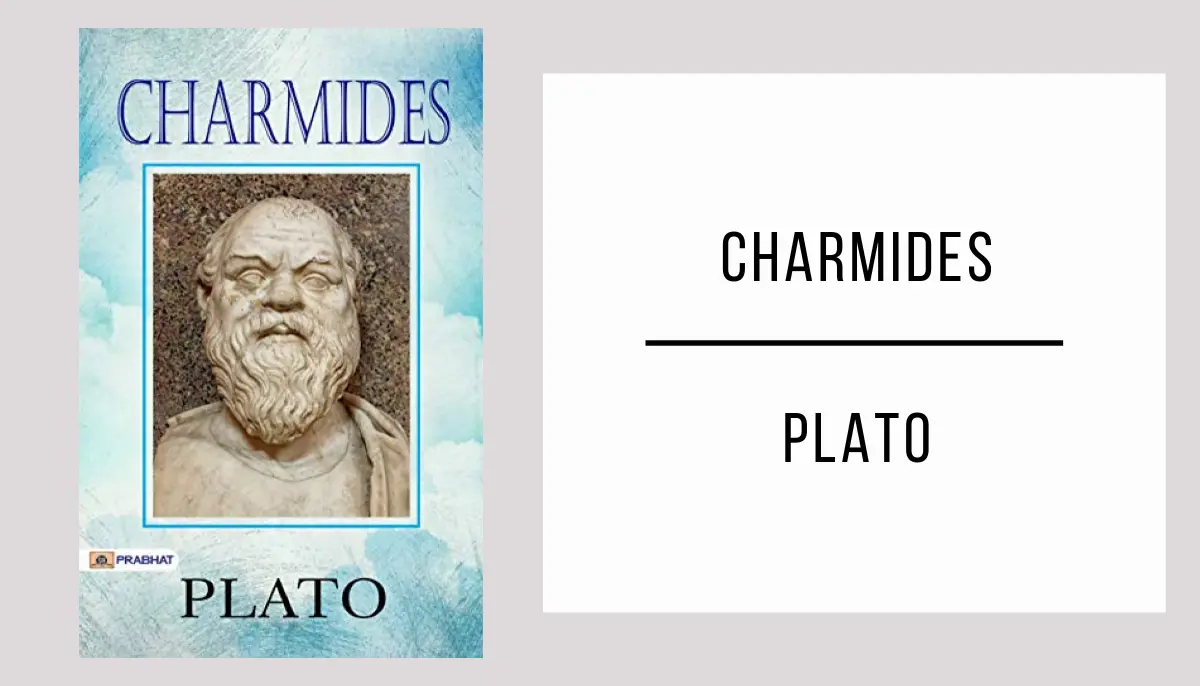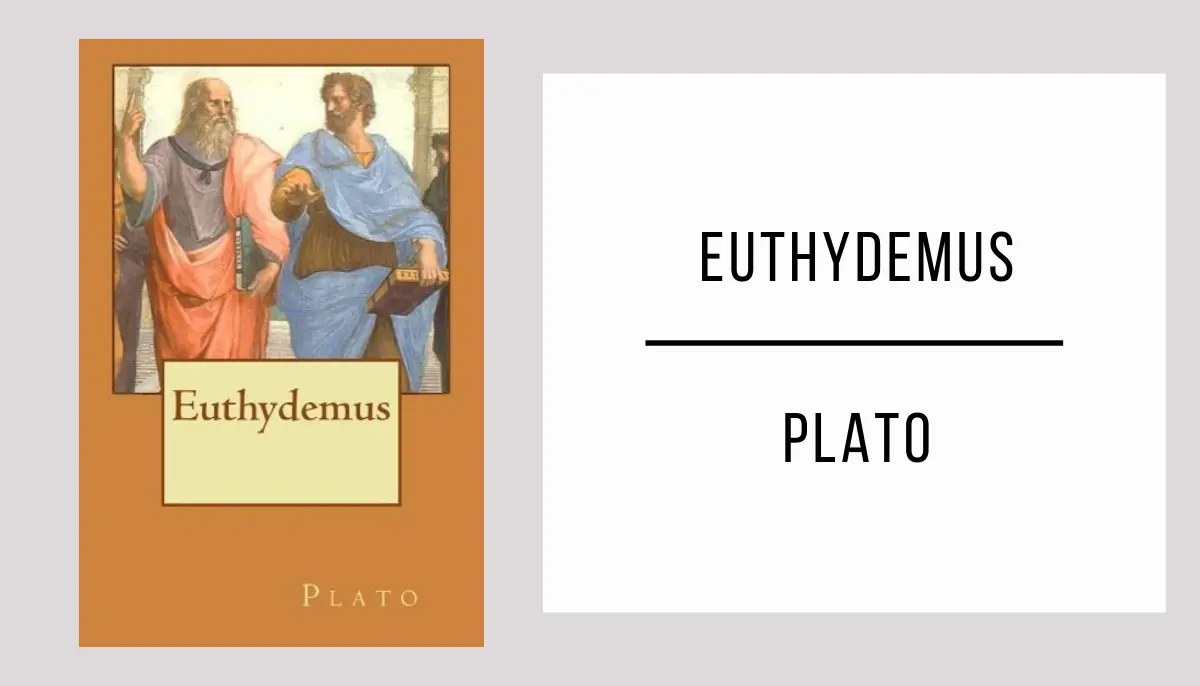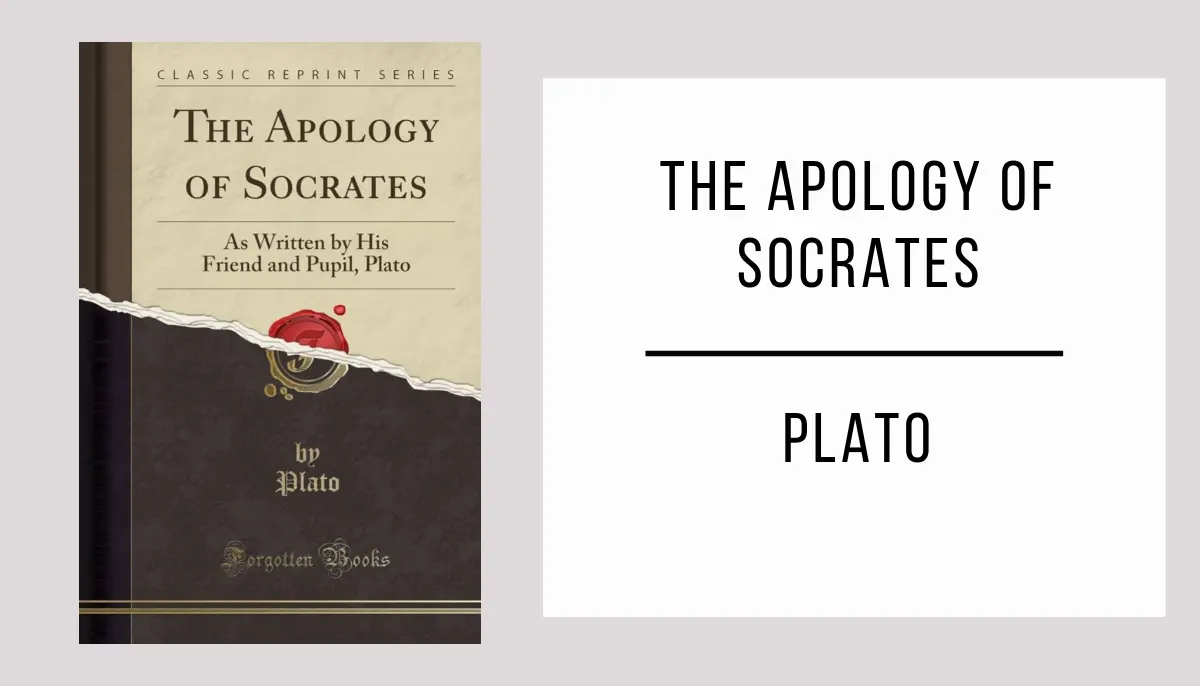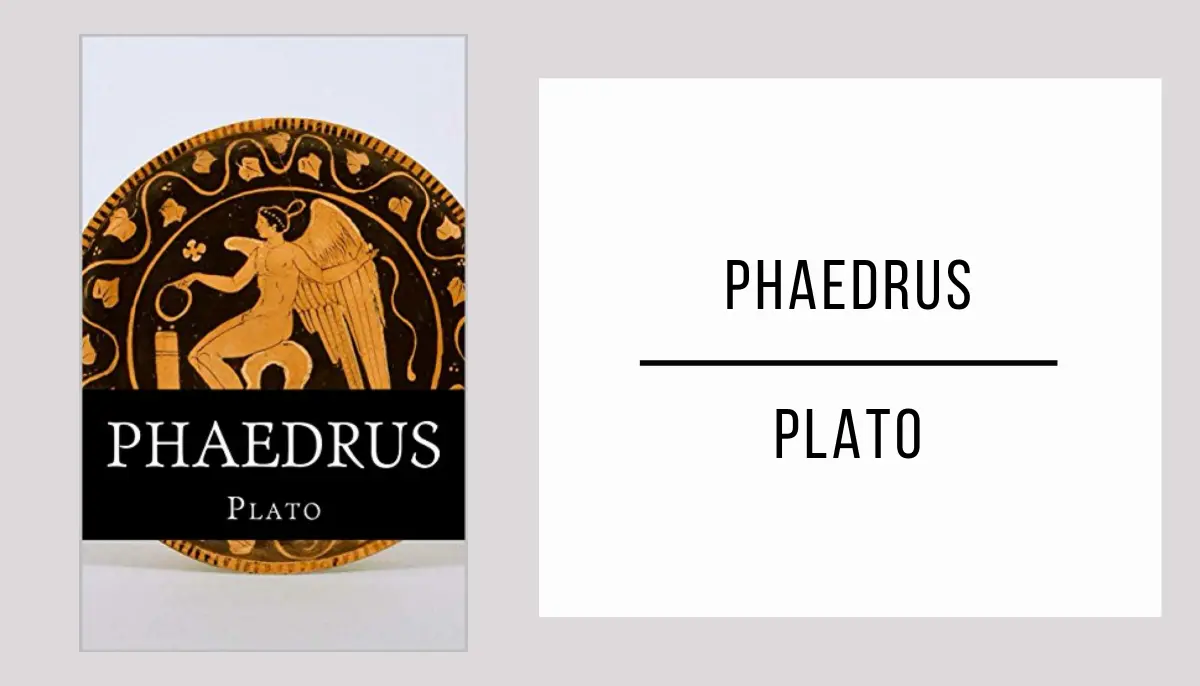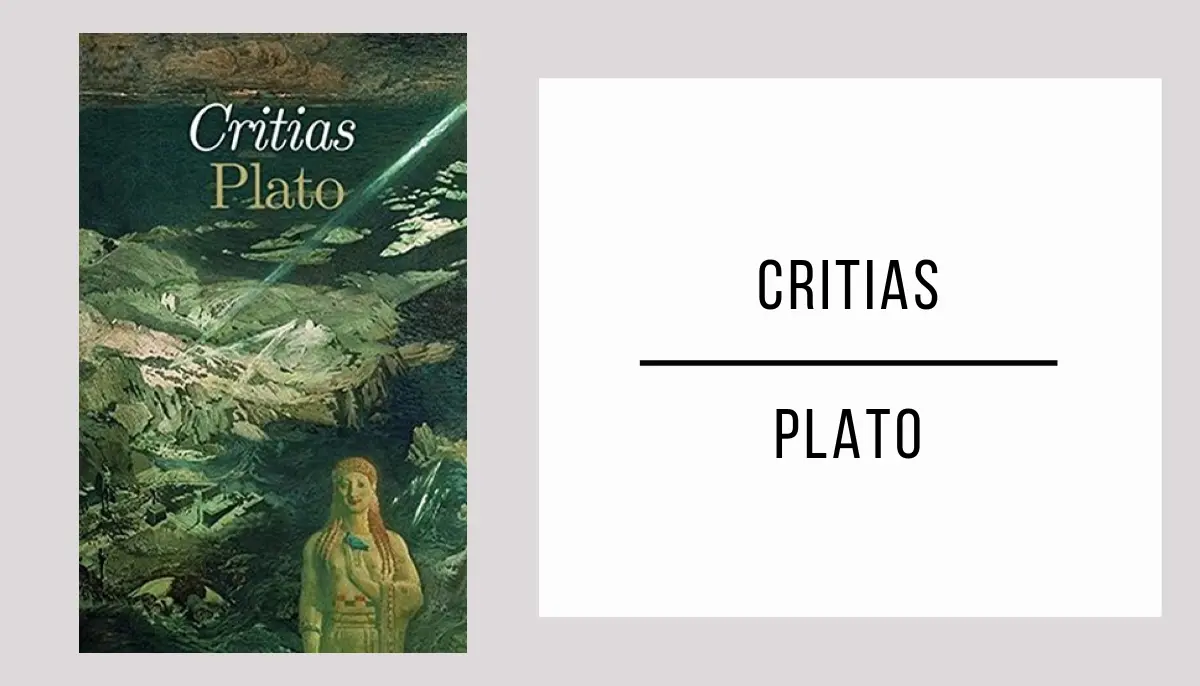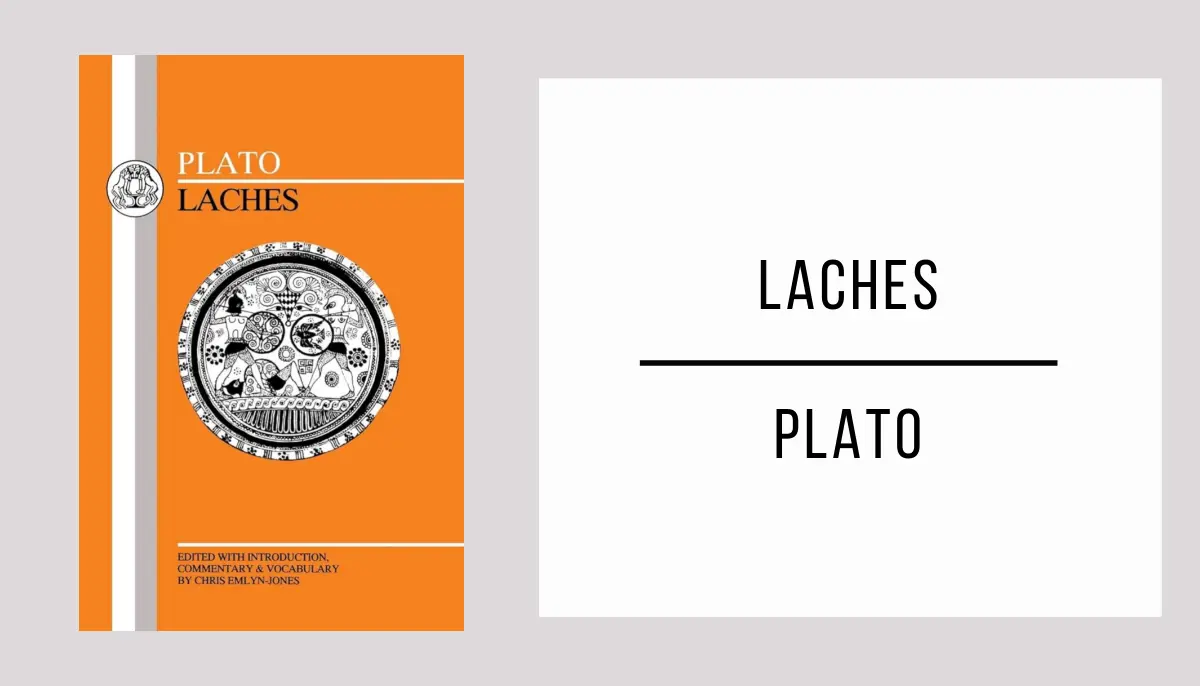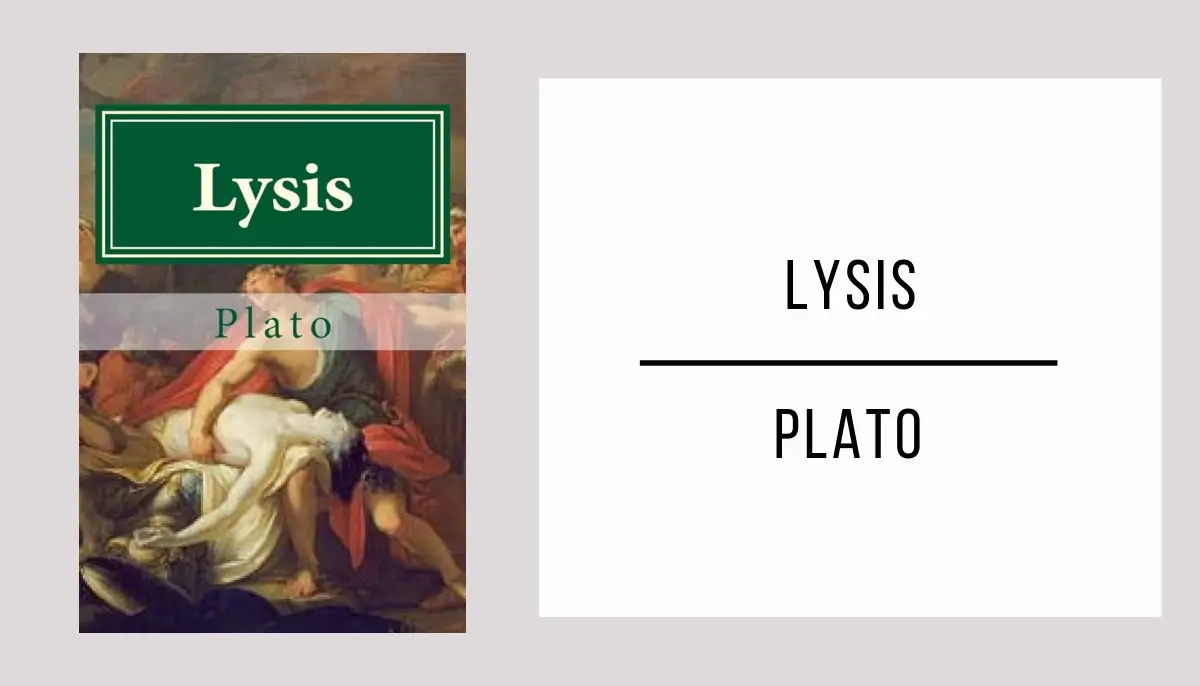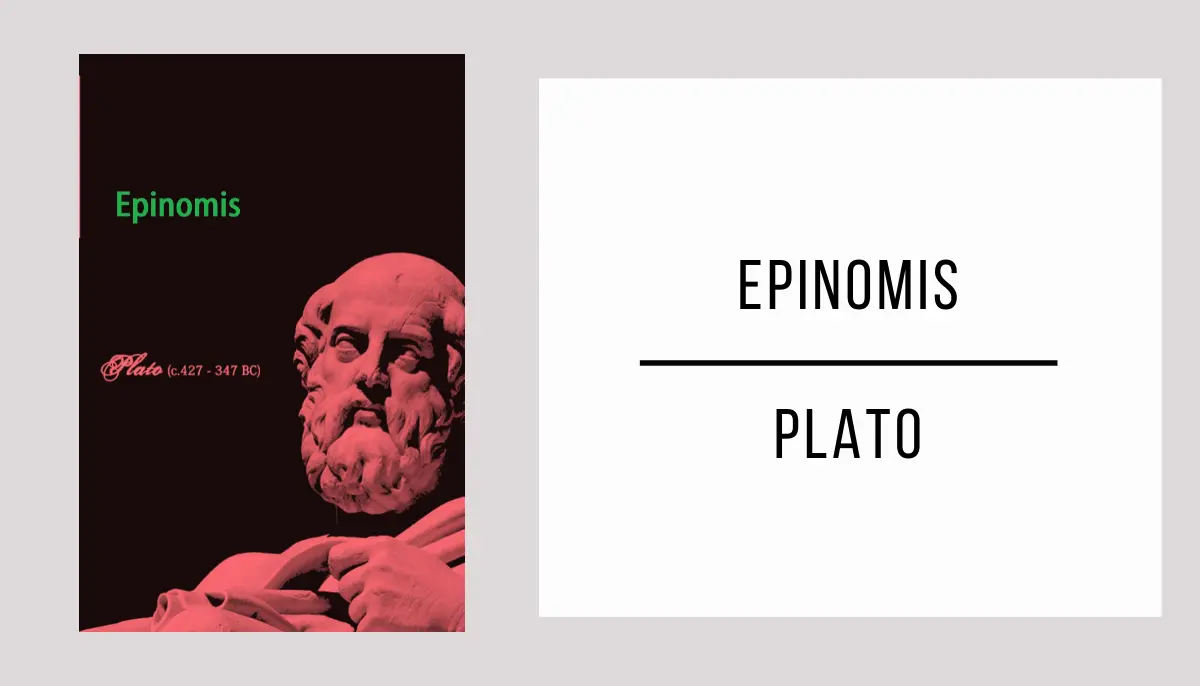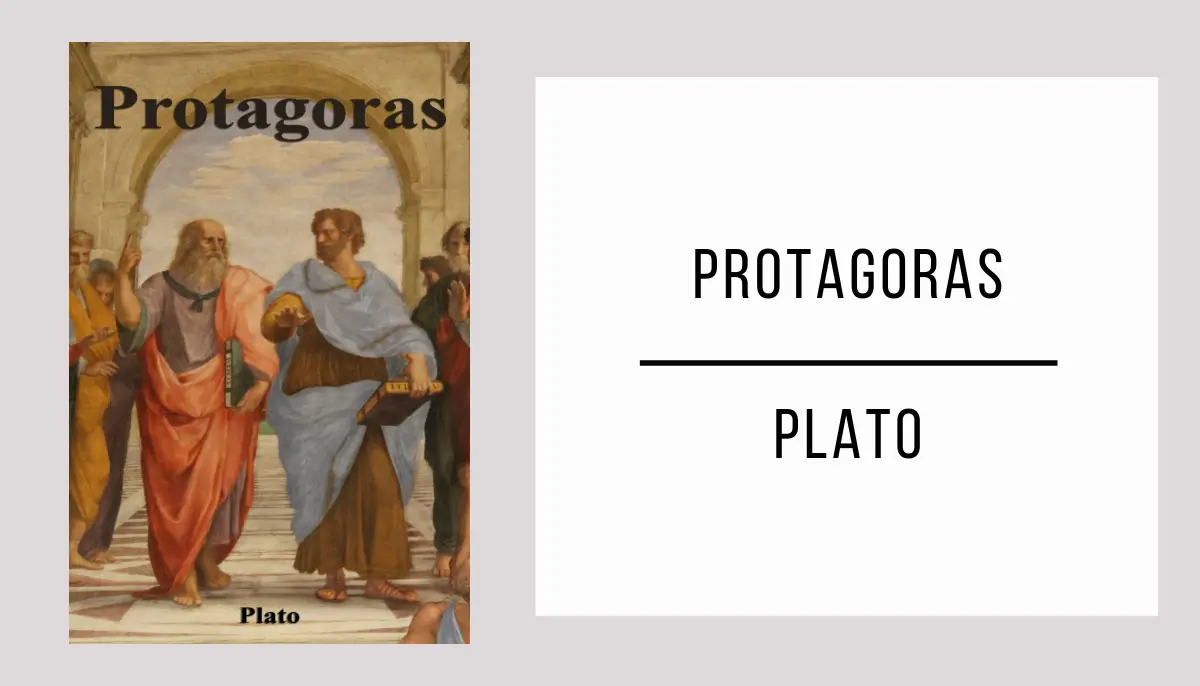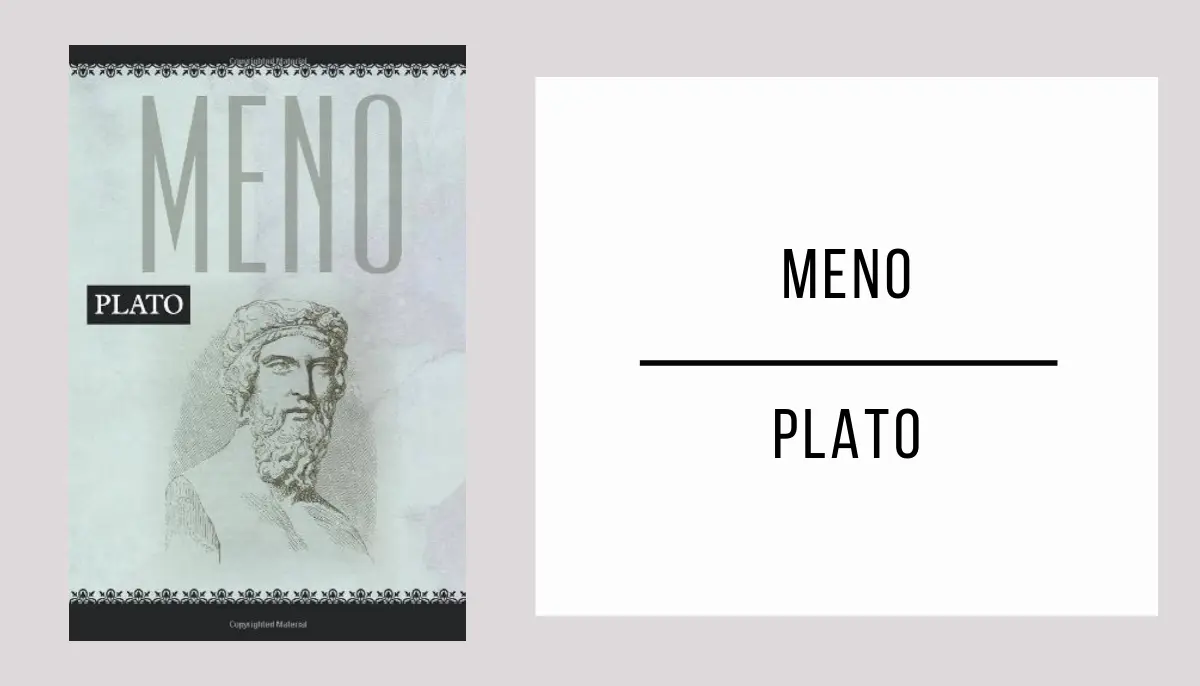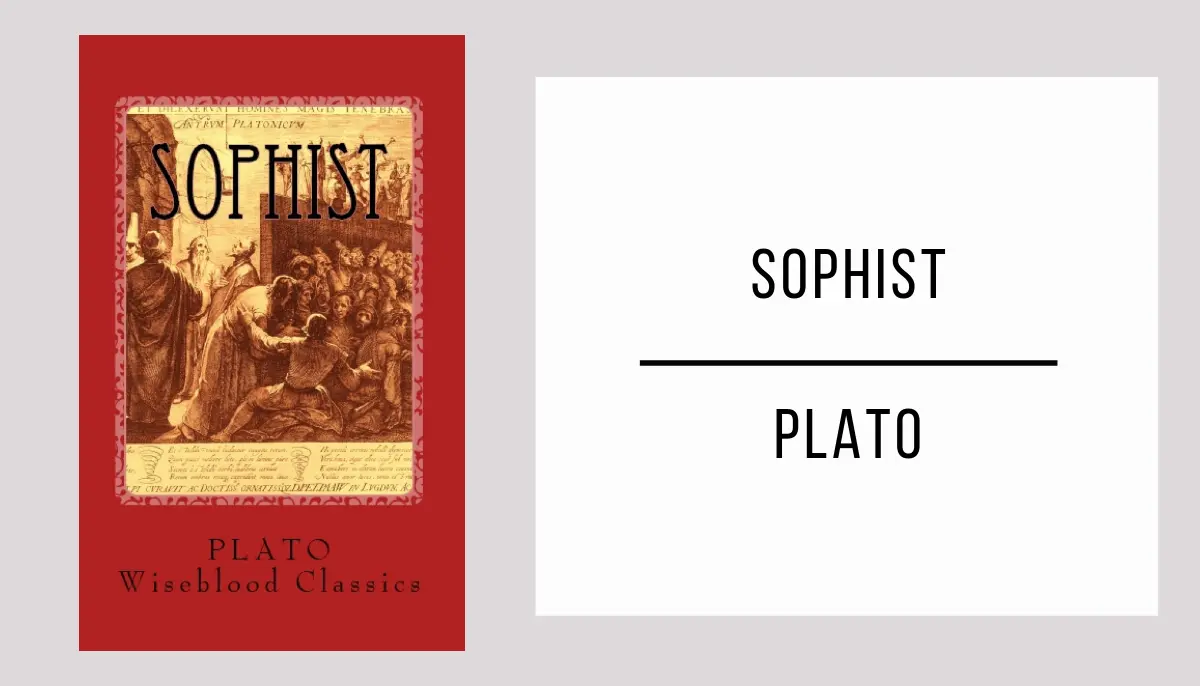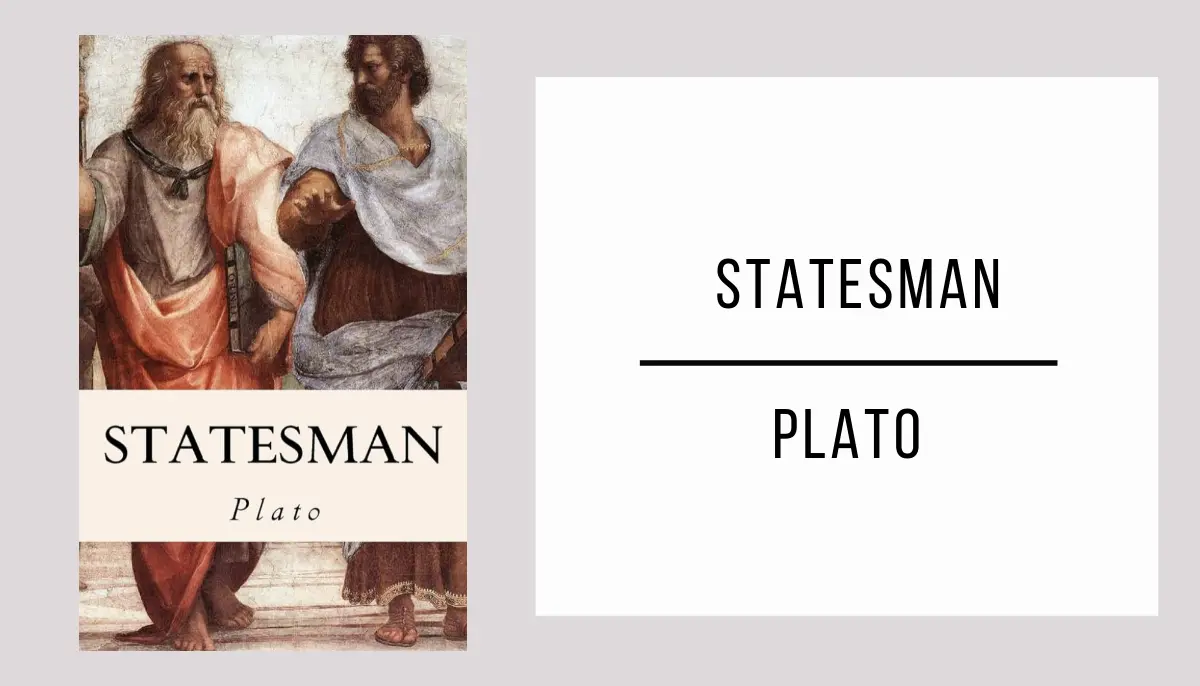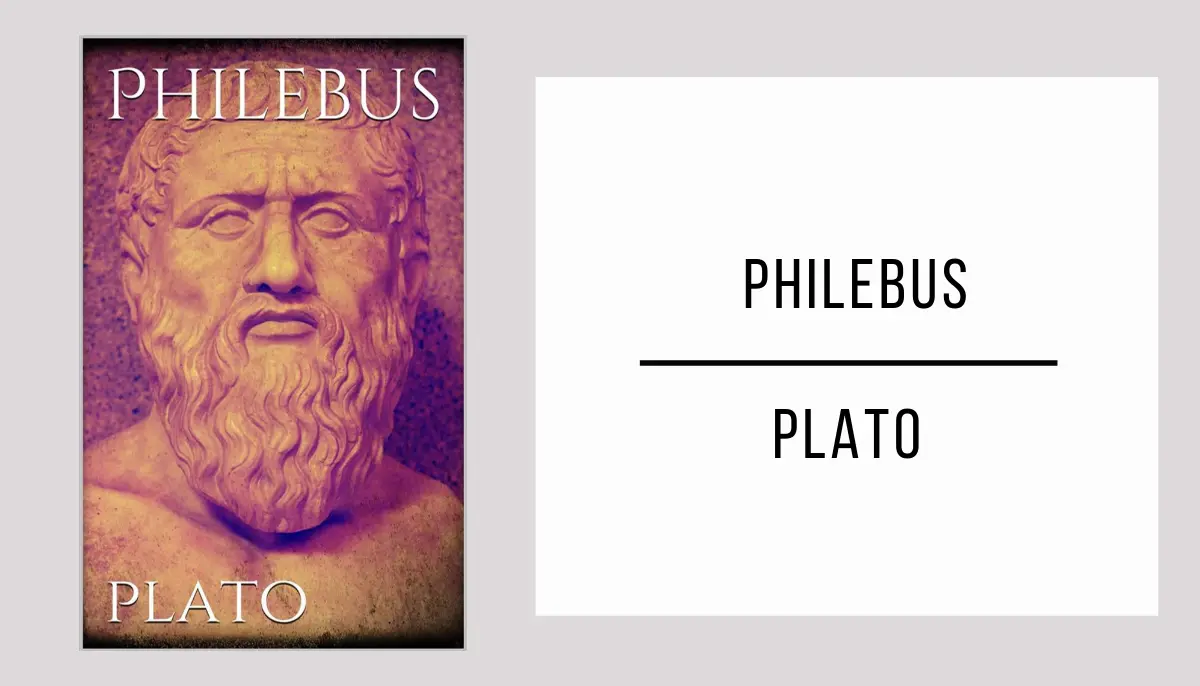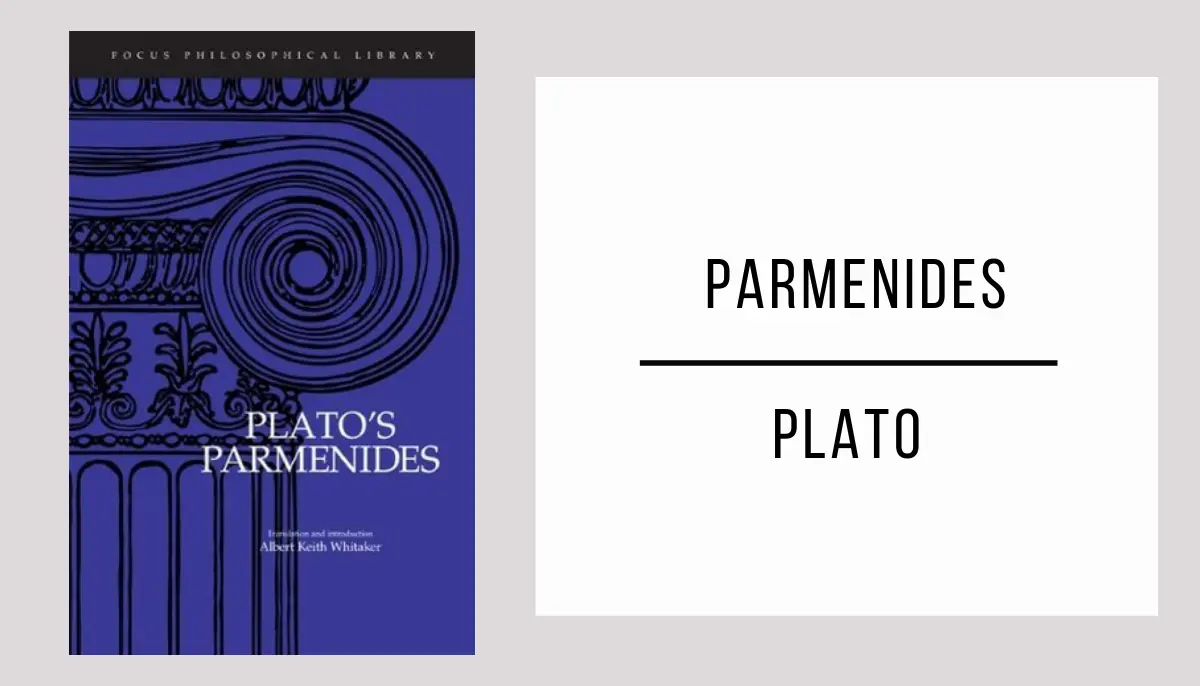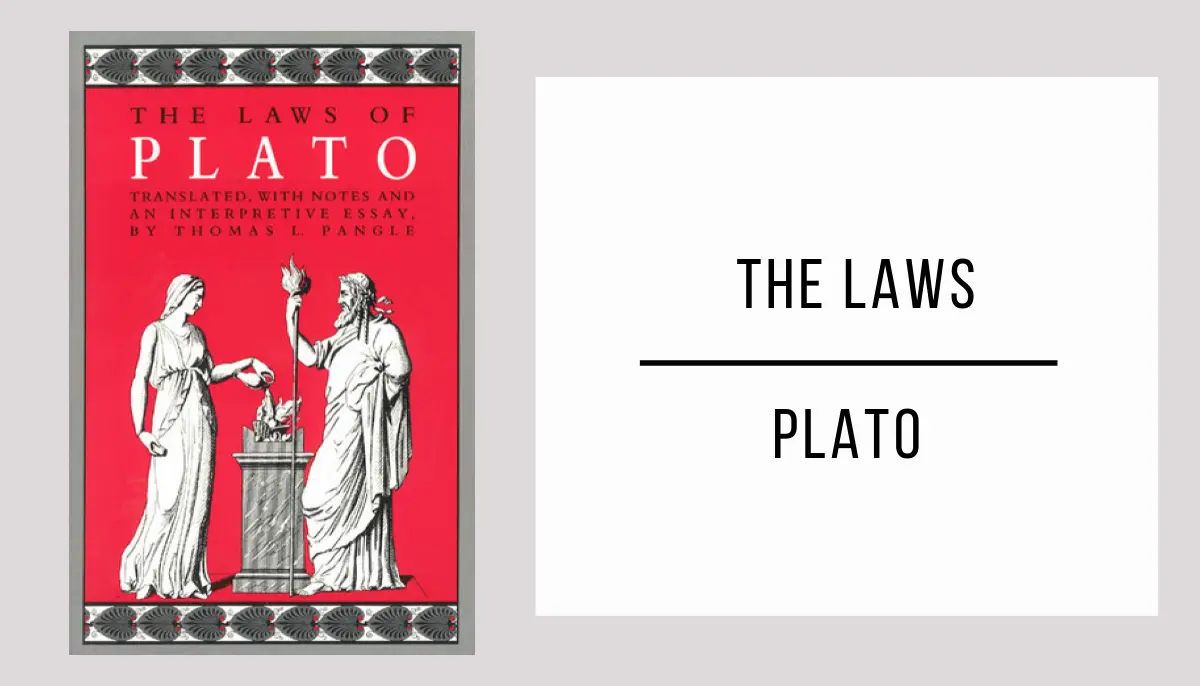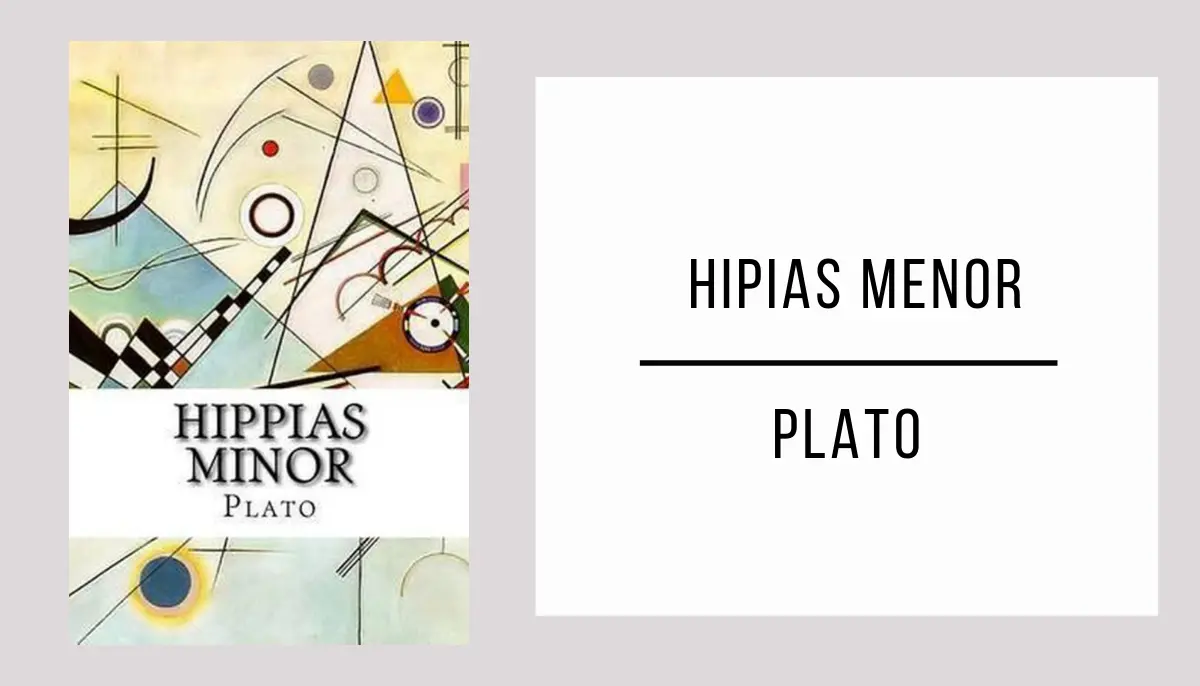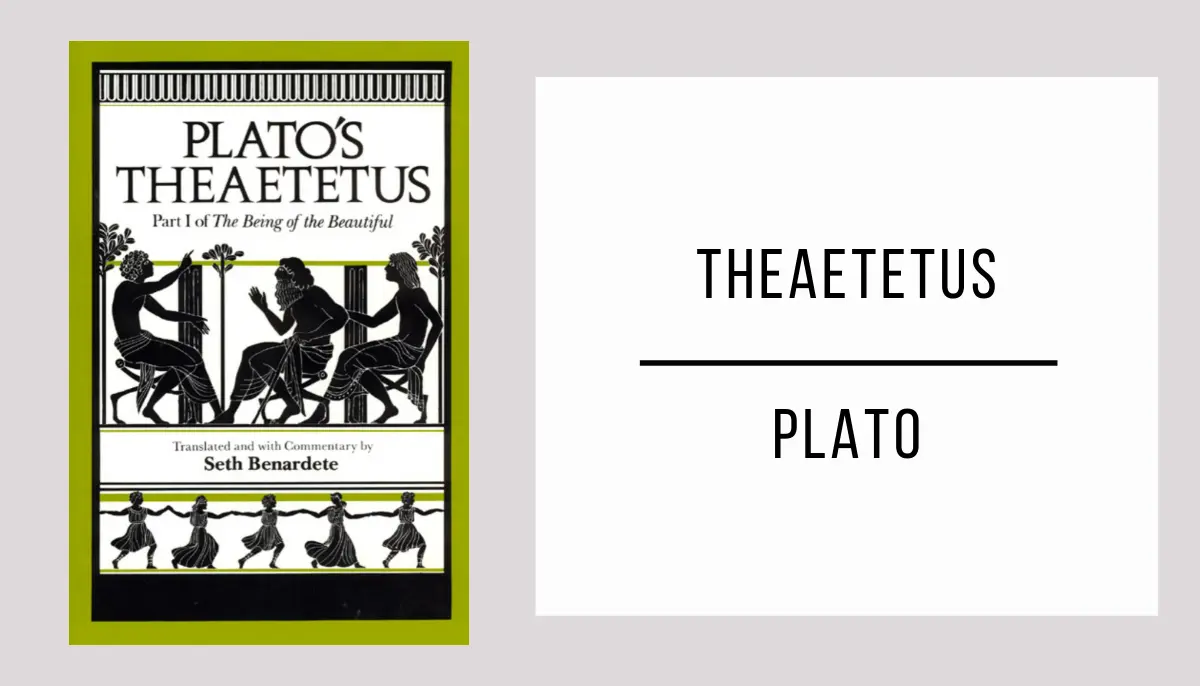“Menexenus” by Plato is a fascinating dialogue that explores the nature of rhetoric and politics in ancient Greece.
Download and immerse yourself in the wisdom of “Menexenus” in a free PDF format. Discover the persuasive arguments and brilliance of Plato!
Don’t miss the opportunity to delve into the depths of “Menexenus” and uncover the timeless teachings that Plato offers us in this captivating book.
Menexenus in PDF format
*Wait a few seconds for the document to load, the time may vary depending on your internet connection. If you prefer, you can download the file by clicking on the link below.
Loading fileInformation Menexenus
- Author: Plato.
- Publication Date: Around 380 B.C.
- Main Characters:
- Socrates: Philosopher and protagonist of the dialogue.
- Menexenus: Young Athenian seeking education and political leadership.
- Aspasia: Influential woman in the political and cultural life of Athens.
- Hippocrates: Friend of Menexenus and aspiring politician.
- Brief Summary: “Menexenus” is a philosophical dialogue in which Socrates converses with Menexenus about education and political rhetoric. Socrates criticizes the lack of authenticity in political speeches and questions the ability of orators to provide effective leadership. Through irony and argumentation, Socrates seeks to demonstrate the importance of genuine education and the need for an ethical approach to politics.
- Thematic Analysis: “Menexenus” addresses themes such as political rhetoric, education, ethics, and the nature of leadership. Plato criticizes manipulative discourse in politics and emphasizes the need for authentic education to shape responsible and ethical leaders. Concepts such as justice, truth, and the pursuit of wisdom are also explored.
- Historical Context: The dialogue “Menexenus” was written by Plato, a disciple of Socrates, in ancient Greece. Athens, in particular, was a democratic and culturally rich city-state during that period. The dialogue reflects the philosophical and political concerns and debates of the time, as well as the influence of Socrates on the shaping of Western philosophy.
Plato Books
This is our complete collection of Plato’s books.


